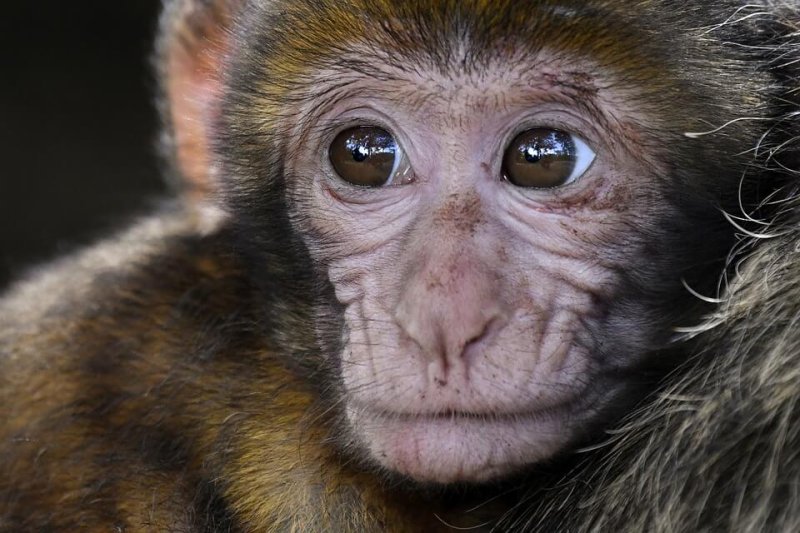Human intelligence is one of evolution’s most consequential inventions. It is the result of a sprint that started millions of years ago, leading to ever bigger brains and new abilities. Eventually, humans stood upright, took up the plow, and created civilization, while our primate cousins stayed in the trees.
Now scientists in southern China report that they’ve tried to narrow the evolutionary gap, creating several transgenic macaque monkeys with extra copies of a human gene suspected of playing a role in shaping human intelligence.
“This was the first attempt to understand the evolution of human cognition using a transgenic monkey model,” says Bing Su, the geneticist at the Kunming Institute of Zoology who led the effort.
According to their findings, the modified monkeys did better on a memory test involving colors and block pictures, and their brains also took longer to develop—as those of human children do. There wasn’t a difference in brain size.
The experiments, described on March 27 in a Beijing journal, National Science Review, and first reported by Chinese media, remain far from pinpointing the secrets of the human mind or leading to an uprising of brainy primates.
Read full, original post: Chinese scientists have put human brain genes in monkeys—and yes, they may be smarter































